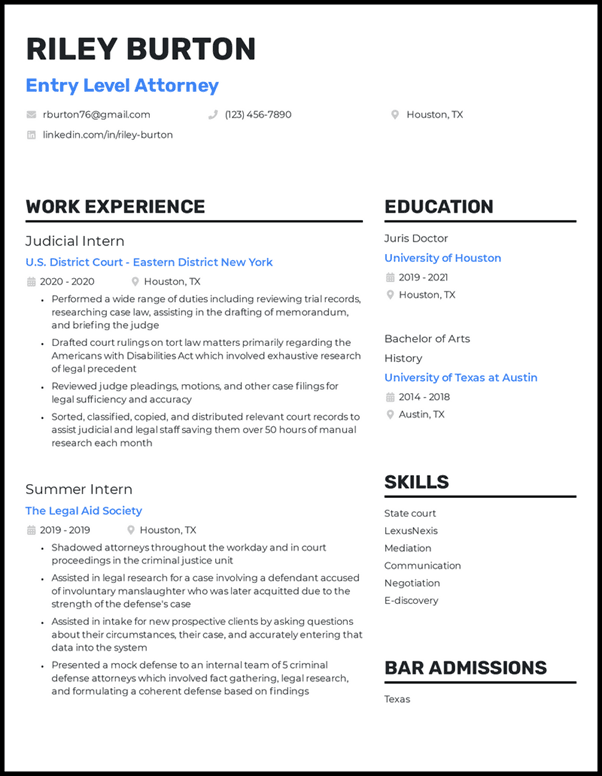
Navigating the Legal Hierarchy: Unraveling the Peak of Attorney Status
The Search for True Legal Know-How
Ever wondered, “What’s the absolute top dog in the lawyer world?” It’s a tricky question, right? “Highest” can mean so many things. Is it about having the fanciest office, the most years under their belt, the biggest sway, or a bit of everything mixed together? Let’s dig into this and see what makes a lawyer really stand out from the crowd.
You might jump to thinking about judges or those Supreme Court folks. They’re definitely up there, no doubt. But, they’re more like referees than players, you know? They’ve stepped away from the daily grind of lawyering. So, we’re talking about those still in the thick of it, still battling it out in courtrooms and boardrooms.
And then, what does “highest” even mean? Is it the top partner at a swanky firm, the one who’s won those headline-grabbing cases, or maybe someone who’s spent their life fighting for the little guy? Each of those stories paints a different picture of “highest.”
Honestly, it’s a combo deal. It’s about being really good at what you do, playing fair, and making a real difference. It’s less about a fancy title and more about the whole journey. Think of it like a seasoned explorer, who’s seen every twist and turn of the legal jungle.

Partners and Senior Counsel: The Firm’s Rock Stars
The Heartbeat of Legal Practices
In those big law firms, partners and senior counsel are usually the ones everyone looks up to. Partners are like the owners, sharing the profits and calling the shots. Senior counsel, even if they’re not full owners, are the wise elders, handling the toughest cases. They’re the ones you call when you’re in deep water.
They’ve climbed the ladder, showing they’re not just smart, but good with people and can win cases. They’ve been through the legal wars and come out on top, learning from every victory and loss. They’ve seen it all, from the boring paperwork to the high-stakes drama.
Becoming a partner? That’s a marathon, not a sprint. It takes years of sweat and tears. It’s not just about knowing the law; it’s about building your network, bringing in clients, and leading the team. They’re the ones who set the course, who mentor the young guns.
Imagine them as the captains of their legal ships, steering through rough seas. They’ve earned their stripes, proving they can not only handle the law but also inspire others. They’re the ones who can turn a legal mess into a clear win.

Legal Scholars and Professors: The Law’s Think Tanks
Shaping the Future of Legal Thinking
Outside the courtroom, legal scholars and professors have a huge influence. They’re the ones who shape how we think about the law, through their research, writing, and teaching. Their work often guides judges and lawmakers. They’re the ones who write the books, who analyze the rules, who question the status quo.
They have a deep dive into legal theory and history, giving them a unique perspective on current issues. They’re often called in as experts, sharing their knowledge with courts and legislatures. They’re the legal philosophers, exploring the “why” behind the rules, not just the “what.”
Their impact goes beyond the classroom, influencing public debates and shaping legal policies. They’re the ones who spark conversations, who challenge assumptions, who push the boundaries of legal thought. They’re the intellectual leaders, inspiring the next generation of lawyers.
Picture them as the legal mapmakers, charting the uncharted territories of legal ideas. They provide the compass and the map, guiding others through the legal maze. They’re the ones who pave the way for legal innovation and change.
![3 entrylevel attorney resume examples [& templates] 3 entrylevel attorney resume examples [& templates]](https://d25zcttzf44i59.cloudfront.net/entry-level-attorney-elegant-resume-example.png)
Public Service Attorneys: The Champions of Justice
Advocates for Fairness and Change
Lawyers who dedicate their lives to public service, working for government, non-profits, or as public defenders, have a real impact. They’re often on the front lines of social justice, fighting for those who are marginalized and pushing for change. They’re the heroes of the underdog, standing up for those who can’t stand up for themselves.
They often work on cases that have wide-ranging effects, shaping legal policies and changing lives. They’re the ones who challenge unfair laws, who fight for civil rights, who ensure everyone gets a fair shot. They’re the guardians of the public good, holding the powerful accountable.
Their work is tough and demanding, requiring a strong commitment to public service and a willingness to fight for what’s right. They’re the ones who work tirelessly, often with limited resources, to make a difference. They’re the unsung heroes of the legal world.
Think of them as the legal firefighters, rushing to put out the flames of injustice and inequality. They’re the ones who work in the trenches, fighting for the rights of the most vulnerable. They’re the ones who make the legal system fairer for everyone.

Supreme Court Litigators: The Legal Elite
Arguing Before the Highest Court
For lawyers who argue cases before the Supreme Court, that’s the ultimate achievement. They have top-notch legal skills, a deep understanding of the Constitution, and can craft arguments that resonate with the justices. They’re the best of the best, reaching the summit of their profession.
Preparing for a Supreme Court argument is no joke. It takes serious research, strategic planning, and the ability to think on your feet when the justices throw curveballs. They’re the masters of persuasion, turning complex legal issues into clear and compelling arguments. They’re the legal rock stars, performing on the biggest stage.
Their arguments can shape American law for generations, influencing how the Constitution is interpreted and impacting legal policies. They’re the ones who make history, leaving a lasting legacy. They’re the architects of legal precedent, shaping the future of the law.
Imagine them as the legal astronauts, exploring the outer limits of constitutional law. They’re the ones who push the boundaries of legal thought, exploring new frontiers of legal interpretation. They’re the pioneers of the legal world.
FAQ: Attorney Levels Explained
Your Questions Answered
Q: Is a judge the top lawyer?
A: They’re high up, but they’re more like referees. A Supreme Court justice is at the highest judicial level though.
Q: What makes a law firm partner “high-level”?
A: They’ve got lots of experience, share in the firm’s profits, and lead the team. They’ve proven they’re smart and can lead.
Q: Can a public defender be a “high-level” lawyer?
A: Definitely. They handle tough cases and fight for those who can’t afford a lawyer. Their dedication to justice makes them influential.